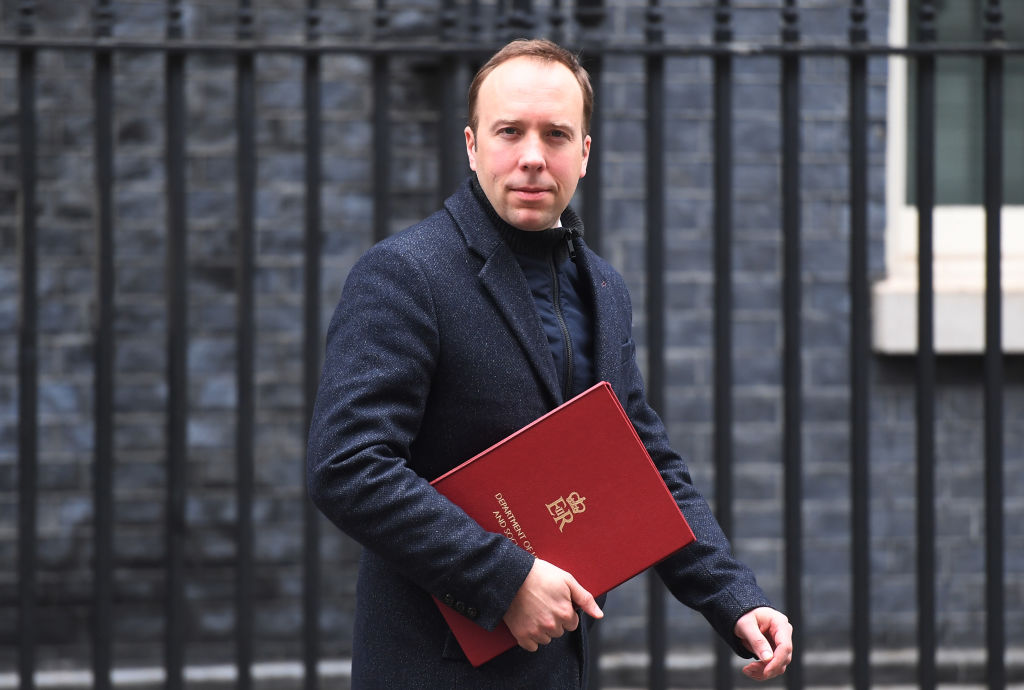Does anyone really think the solution to the social care crisis will be found in cross-party talks? If you read the letter penned by Matt Hancock this afternoon, you might be forgiven for thinking that the Health Secretary is the one person who does. Hancock wrote to all MPs and peers ‘to begin the process of seeking to build a cross-party consensus on social care’.
He rightly observes that ‘since 1997, successive governments have tried and failed to find a long-term solution to funding social care’ – though he doesn’t mention that one of the bigger failures came when the Tories pulled their support for Labour’s social care plans in 2009. Hancock then insists – again rightly – that ‘we do not need another commission – we need action now, finally, to seek a solution that can support future generations’. The government, he writes, is committed to finding an agreement across the political spectrum.
But he also acknowledges that ‘the number of reports that have been been published in recent years with different suggested approaches shows how difficult it is to reach agreement on the best way to reform the social care system’. He is again correct, but the minister is likely also pointing out what will actually happen with social care reform.
Senior insiders tell me that the cross-party talks plea is a mere formality to show that the government has bothered to listen to other views before ploughing ahead with its own plan to reform the social care sector. They’re not being particularly stubborn or thuggish in taking this view: Labour frontbench policy has, for the past few years, been not to engage with the Conservatives on this matter because the party doesn’t want to be seen to be helping out the Tories.
Meanwhile Conservatives who have been working on the party’s approach to social care over the same length of time have all concluded that while it’s nice that there are MPs across the Commons who have long pushed for a consensus (though one of the most vocal proponents, Norman Lamb, stood down in the 2019 election), the reason all these previous attempts at working together have failed is that the parties naturally disagree on the principles behind such reforms. It isn’t a surprise that Labour and the Conservatives have fundamentally different views of what the size of the state should be or on how the government approaches people’s private wealth, particularly their homes. And so it will always be difficult to find a reform that keeps both sides happy.
In previous years, this was a problem, because the government needed the opposition to back proposals just to get them through the House. Now, of course, Boris Johnson’s fat majority means he can get through his own proposals without needing to rely on Labour. It may even be that Labour’s current political misery means the Tories are in government for long enough to implement the reforms, too. So don’t be surprised if this grand offer from Hancock amounts to very little in the long run.







Comments